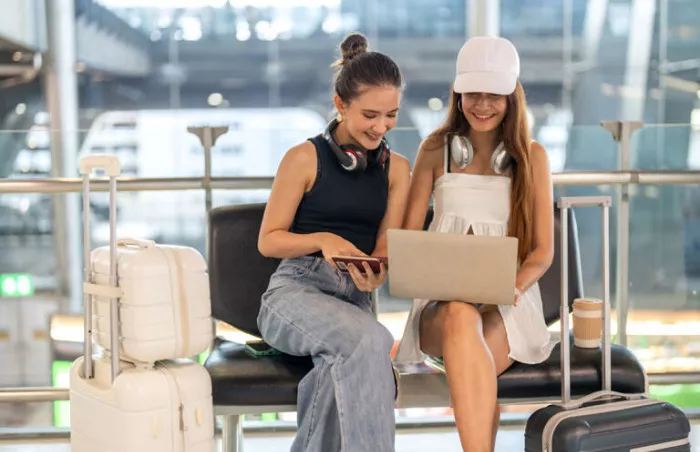Indonesia’s Directorate General of Immigration has issued new guidance aimed at clarifying recent changes to the country’s visa policy, including the merger of multiple stay permit categories and the introduction of new visa indexes. The policy shift is designed to simplify visa application procedures, reduce ambiguity, and address illegal activities linked to visa misuse.
According to a statement shared by Indonesian Immigration on social media, visa indexes 133–110 are being merged as part of a broader effort to modernize and streamline immigration processes. The agency emphasized that the updated system now offers a clearer framework for travelers entering Indonesia for tourism, business, medical treatment, or government-related visits.
“This simplification aims to enhance the efficacy of the visa application process by merging similar categories, reducing complexity, and offering a more cost-efficient experience for applicants,” the statement read.
Yuldi Yusman, Director General of Immigration, further elaborated on the changes during a press conference. Among the key updates is the launch of the C7C visa, which allows foreign nationals to participate in artistic and cultural activities, such as magic shows, cooking demonstrations, and fan meet-and-greets—excluding musical performances.
In support of Indonesia’s development ambitions, new visa types are also being introduced to attract foreign investors. The E28F visa is tailored for those investing in the Nusantara Capital City project in Kalimantan, while the E28G visa caters to foreign patent company representatives establishing branches in Indonesia.
Work visa categories are also undergoing major restructuring. Previously consisting of 31 different types, the work visa system has now been condensed to six core indexes. The E23 index will cover foreign expert workers sponsored by corporations, consolidating what was once spread across 20 indexes. For applicants supported by non-corporate entities, two new indexes—E23U and E23V—have been introduced.
“This policy significantly simplifies and modernizes our work visa structure while offering greater flexibility,” Yusman said. He encouraged potential applicants to consult the official immigration website at immigration.go.id for full visa guidance and updates.
Indonesia’s Minister of Immigration and Corrections, Agus Andrianto, stated, “With this new policy, we want to ensure that the Indonesian immigration service can meet global needs while offering convenience to the international community participating in legal activities in Indonesia.”
In tandem with these structural reforms, changes have also been made to the visa on arrival (VoA) and electronic visa on arrival (eVoA) processes, popular among tourists visiting Bali. While both options remain valid for 30 days and can be extended once for an additional 30 days, a new hybrid system introduced on May 29 now requires applicants to complete the extension both online and in person.
Under the new system, eVoA holders must attend an appointment at an immigration office for biometric verification, documentation checks, and potentially an interview before receiving an extension approval. The visa extension fee remains IDR 500,000.
As part of its immigration guide strategy, the Directorate General encourages travelers to monitor the official Indonesia Immigration Instagram account, which provides real-time updates, immigration tips, and guidance in English.
Related topics:
- Top 6 Countries with the Best Immigration Programs
- What Does an Immigration Agent Do? | Complete Guide
- Investment Migration Drives Malaysian Families’ Global Wealth Strategy


